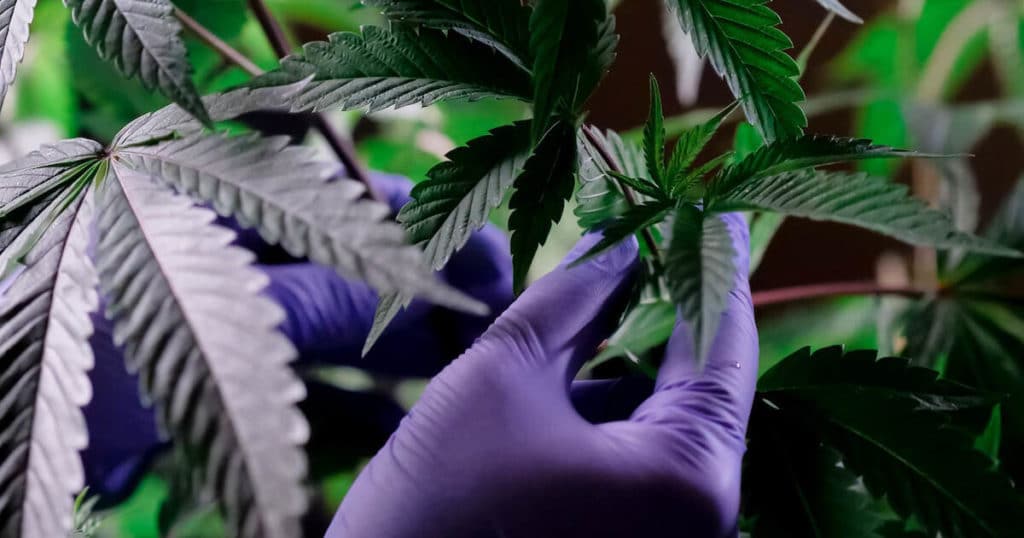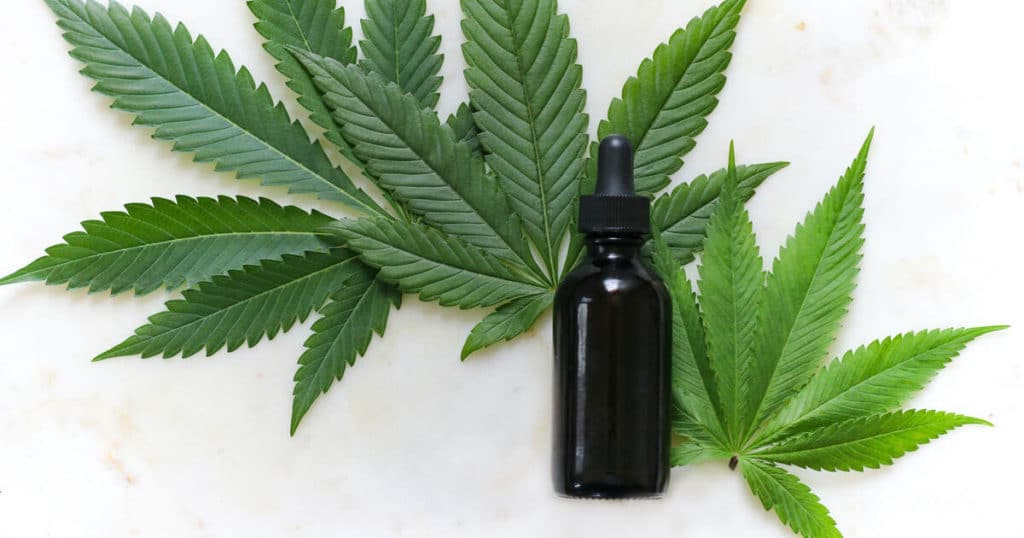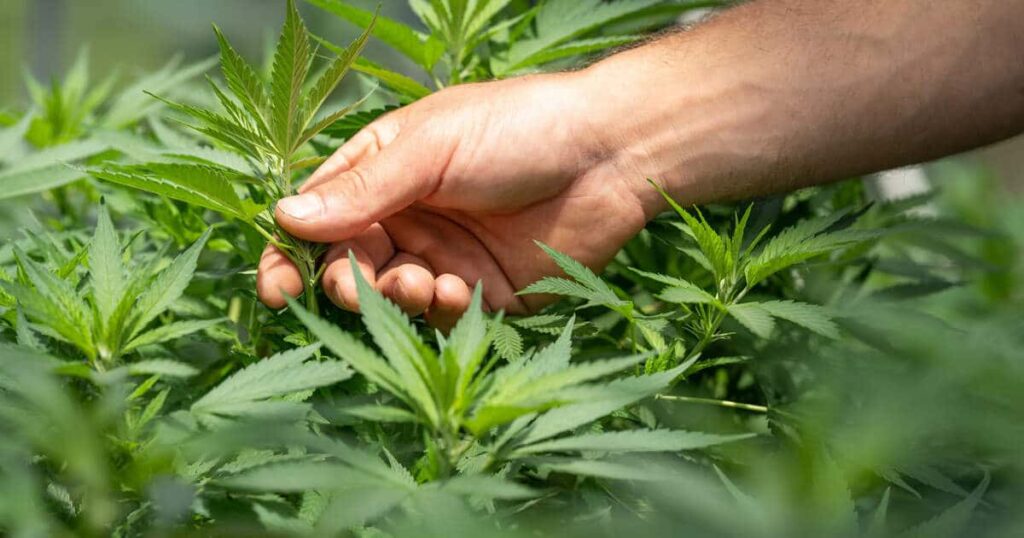New rules for the production and selling of low-THC medical cannabis oil to patients with certain diseases were finally set in Georgia, however, have now been postponed. A notice of proposed rulemaking has been issued.
The rule postponement was due to the notice of the January meeting not being provided to Georgia’s Office of Legislative Counsel which is required by state law.
Now, the state commission, which is in charge of the state’s medical marijuana program, can no longer adopt these new rules. There’s now a gloomy outlook on what was going to be another milestone reached for quality cannabis products.
Celebrations that were delayed at the time of the new rule implementation are now canceled , with the program scope still limited in terms of patient access and the variety of products.
What The New Rules Were Going To Spell Out For The State And Its [No Longer] Future
The new rules were going to spell out the legalization of medical cannabis sales in Georgia by year-end. It was also going to spell out the operation of the first producers this spring and dispensaries opening in six to eight months. However, new rule updates are being considered and revised.
Facing Obstacles Is Not Something New
Yet another obstacle faced, this current situation is not something new. In 2019, Georgia legalized medical cannabis oil possession with 5% THC or less. Recent efforts by state lawmakers to expand product access to products beyond oils and tinctures failed, with the banning of both flower and edibles continuing in Georgia. While Class 2 licenses were issued thereafter, no patient access has been granted.
With the new rules in place, Georgia would have eventually licensed up to six companies to manufacture and sell low-THC oil and would have issued four new Class 2 permits. However, this process was, and is, dependent on lawsuit resolution and the new rule revisions.
As previously reported in news sources, “Patients eligible to receive cannabis oil include those suffering from seizure disorders, Parkinson’s disease, terminal cancer, post-traumatic stress disorder, and sickle-cell anemia. The rules [would have] governed various aspects of the program, including the facilities that will produce the oil, the dispensaries where the oil will be sold, and the independent laboratories that will test the product.”

In Comparison To Other States, The Program Is Certainly Limited, and Not Halted
When comparing the program to the neighboring state of Florida, which has an established medical program serving hundreds of thousands of patients with a wide range of products, Georgia’s program is lacking and limiting. It is hoped that rule revisions may counteract this.
Rule revisions may also find answers to previously asked questioned which arose at the time of rule implementation. Previous queries about the minimum distance from schools, dispensaries, and greenhouses and their operations were raised and further recommendations to move this operation space from 1 000 feet to 3 000 feet were made. It is unknown whether or not the rule revision will find a solution to this.
What Was A Step Forward Could Now Be A Step Backward
What was a step forward to moving Georgia from a state which simply legalized possession of cannabis oil to one which would hopefully allow marijuana to be grown in the state under close supervision could now be a step backward. More updates to follow as more information is released on the matter.

“Enjoyed that first hit? Come chill with us every week at the Friday Sesh for a freshly packed bowl of the week’s best cannabis news!”

















